[GUEST POST] Governance using gamification: a case study of how gamification is used in the current Chinese political system

What does gamification do?
How does gamification help with governance?
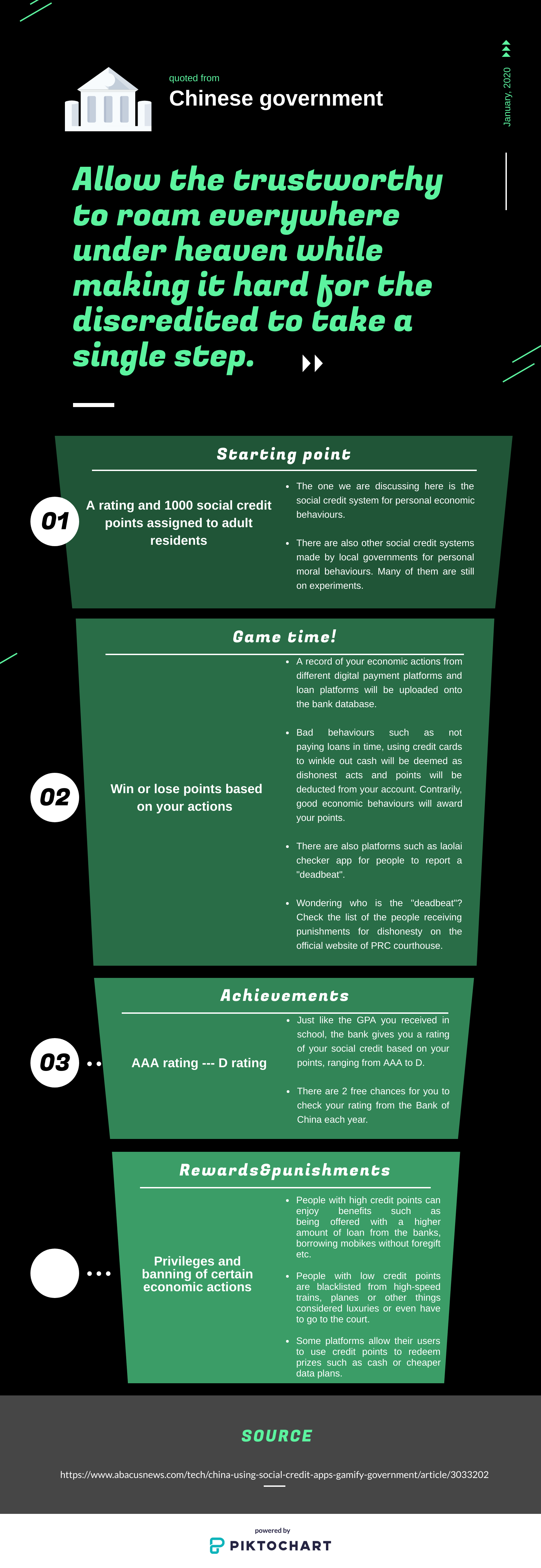
Encouraging citizens towards good behaviors
Engaging citizens in activities
Fostering a stronger national identity and patriotism

Icon of the app "Study and strengthen the nation"(xue xi qiang guo)

A screenshot of the home page of the app
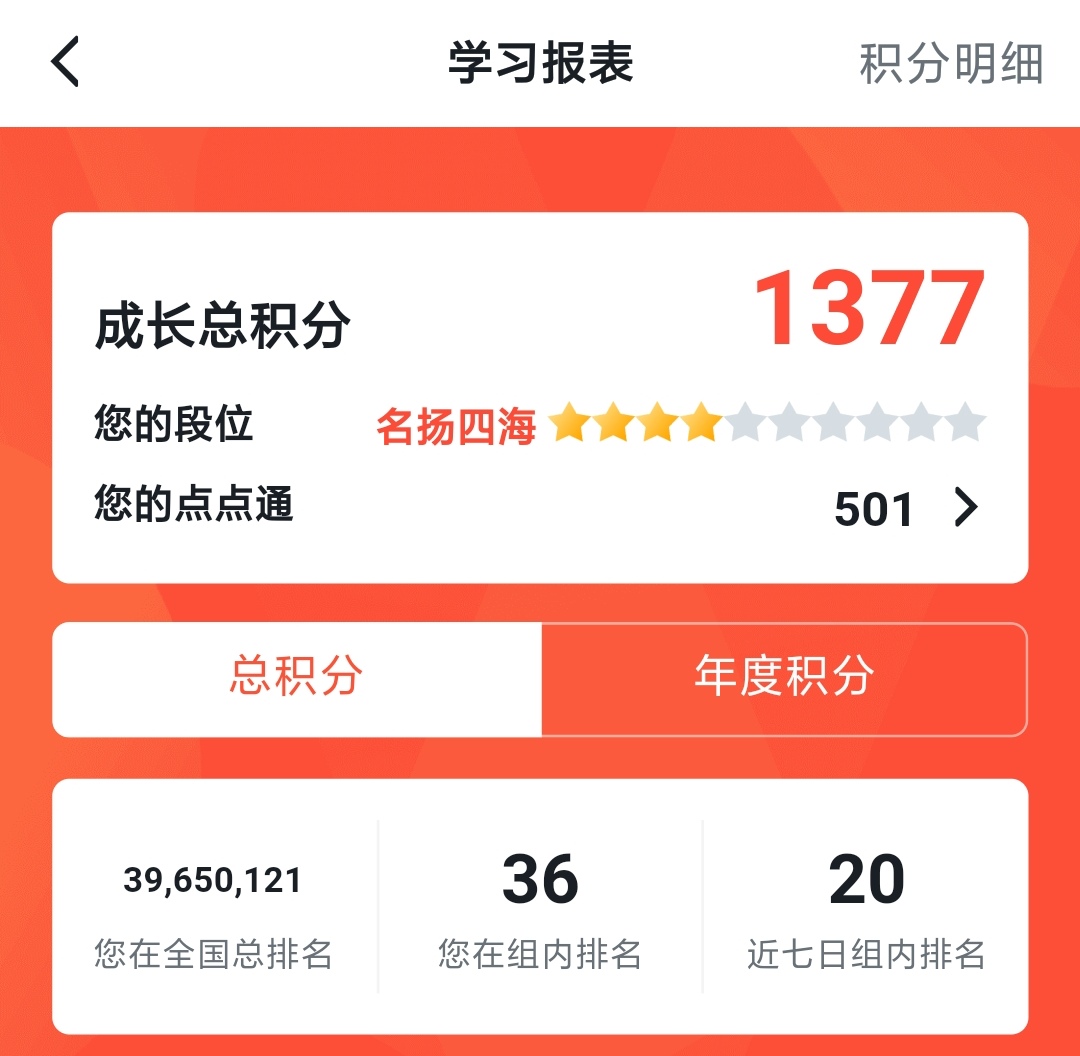
From top to bottom: Study report; Your total points; Your title; Your "dian dian tong" points for redeeming the rewards; Your ranking in the country, your ranking in the group, your ranking in the group for the past seven days
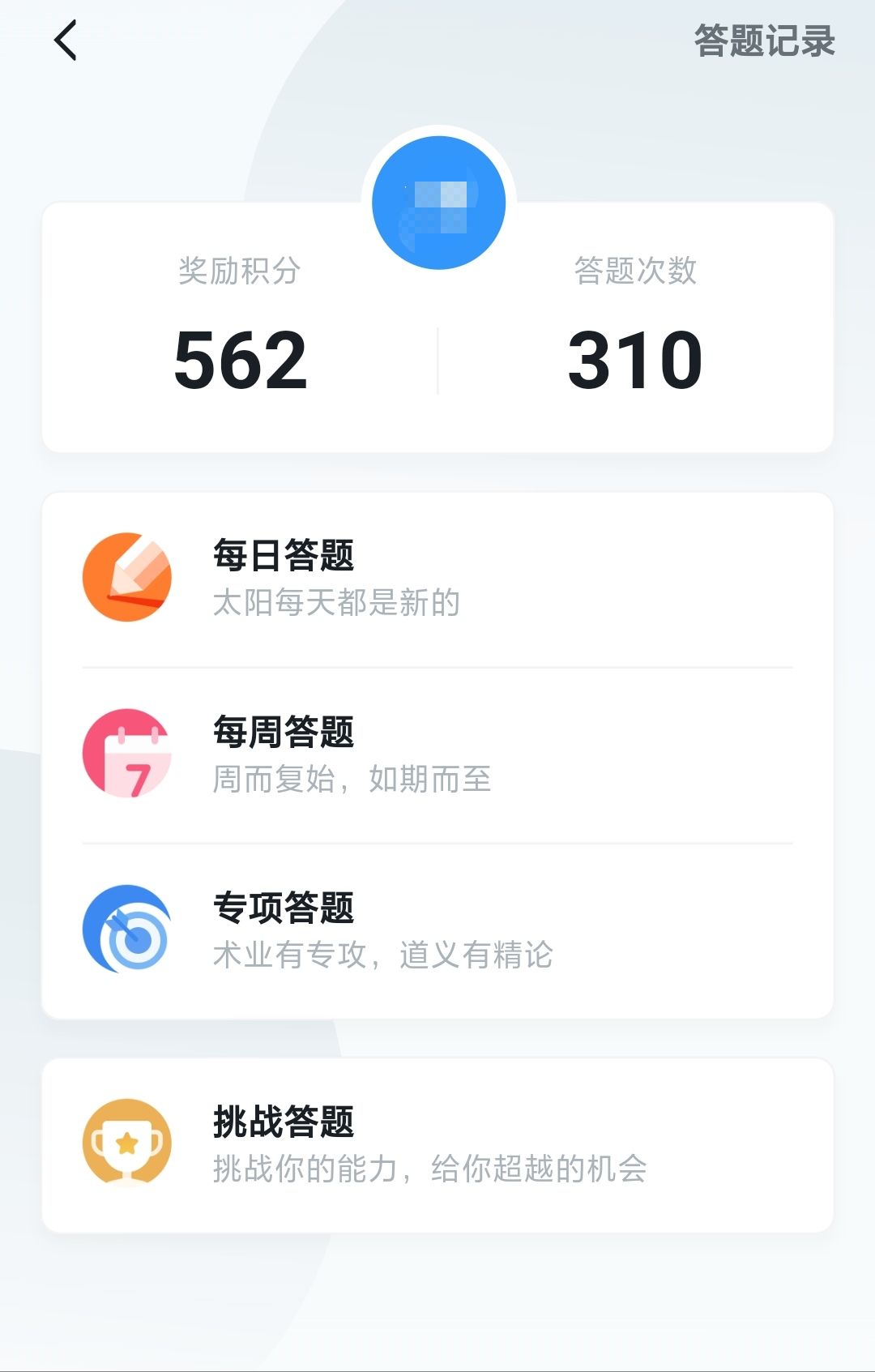
Quiz page From top to bottom: Daily quizzes; Weekly quizzes; Professional quizzes; Challenging quizzes

A list of daily tasks users have to do for app “Study and strengthen the nation”

The various rewards they can get from the app, including e-books, directional data package for the app only
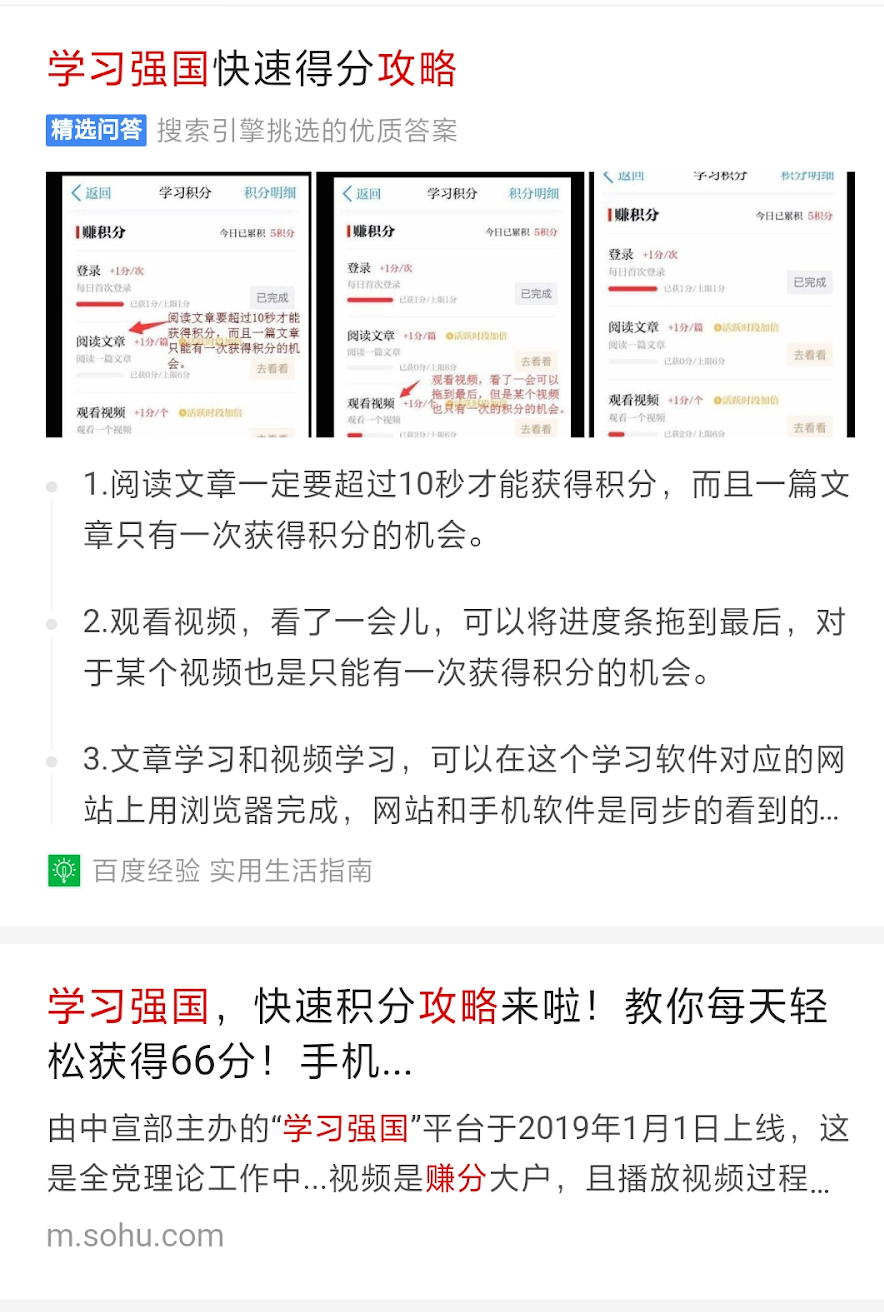
A screenshot of various cheating strategies online
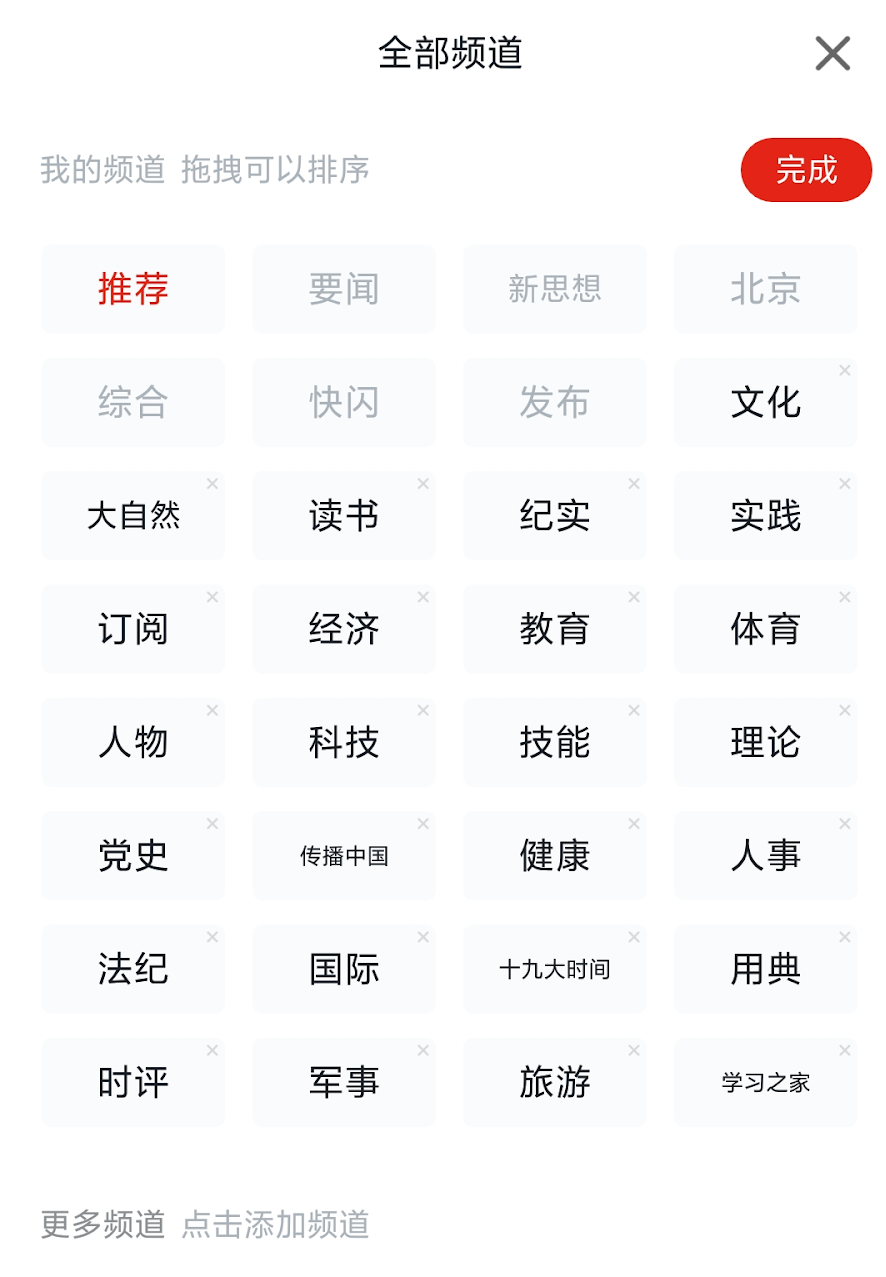
Among 32 channels available on the app, 18 of them are about political affairs
Conclusion
Written by: Hu Anqi
A TJC WOW! intern who enjoys gaming, doing maths and plays the flute (but doesn’t want to learn the piccolo).
Resources & Image credits:
- https://yz.m.sm.cn/s?q=%E5%AD%A6%E4%B9%A0%E5%BC%BA%E5%9B%BD%E8%B5%9A%E5%88%86%E6%94%BB%E7%95%A5&from=wy878378&uc_param_str=dnntnwvepffrgibijbprsvdseilood
- https://www.abacusnews.com/tech/china-using-social-credit-apps-gamify-government/article/3033202
- https://www.researchgate.net/publication/313809081_Gamification_in_e-Governance_Development_of_an_Online_Gamified_System_to_Enhance_Government_Entities_Services_Delivery_and_Promote_Public’s_Awareness
- https://zm.sm-tc.cn/?src=l4uLj4zF0NCIiIjRjJCXitGckJLQntDOycrGzsrOzMugycrPx8vI&uid=b9ebcafb0b1bca79bb8b4be3404a711e&hid=2207b3572a0f17dab50629f182ac9c04&pos=1&cid=9&time=1579153589377&from=click&restype=1&pagetype=0020004002000402&bu=web&query=%E4%B8%BE%E6%8A%A5%E4%B8%8D%E8%89%AF%E8%A1%8C%E4%B8%BA%E8%8E%B7%E5%BE%97%E4%BC%98%E6%83%A0%E5%88%B8&mode=&v=1&force=true&wap=false&province=%E5%85%B6%E4%BB%96&city=%E5%85%B6%E4%BB%96&uc_param_str=dnntnwvepffrgibijbprsvdsdichei
- https://www.govtech.com/civic/GT-September-2017-Boosting-Engagement-by-Gamifying-Government.html
- https://www.researchgate.net/publication/313809081_Gamification_in_e-Governance_Development_of_an_Online_Gamified_System_to_Enhance_Government_Entities_Services_Delivery_and_Promote_Public’s_Awareness
- https://www.abacusnews.com/tech/china-using-social-credit-apps-gamify-government/article/3033202
